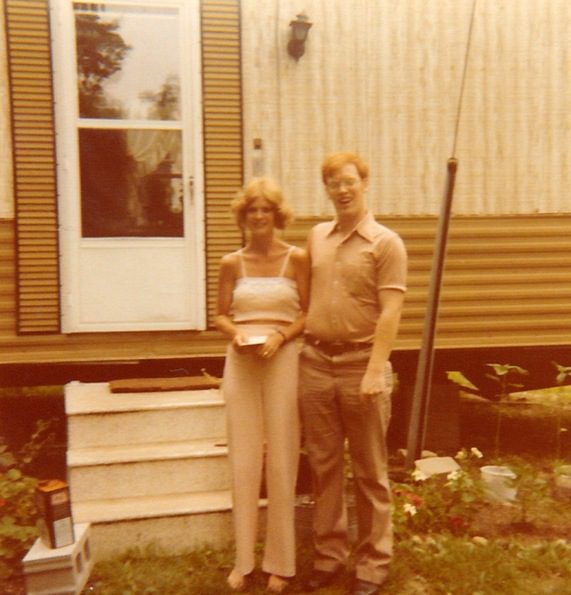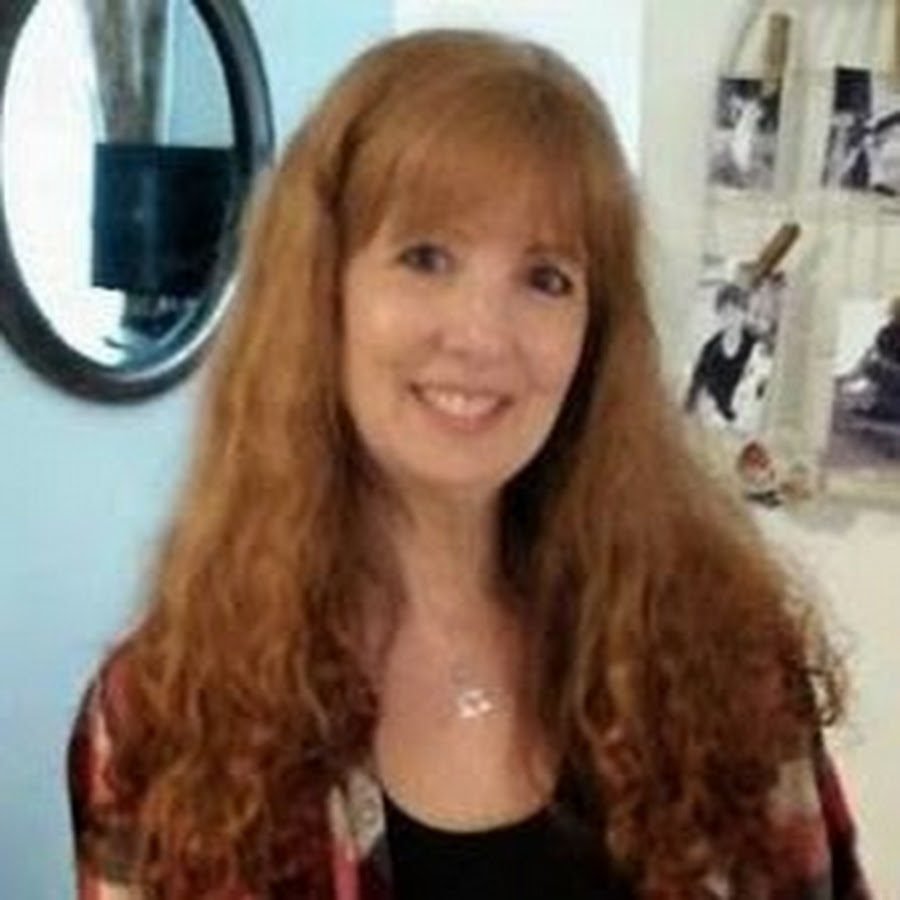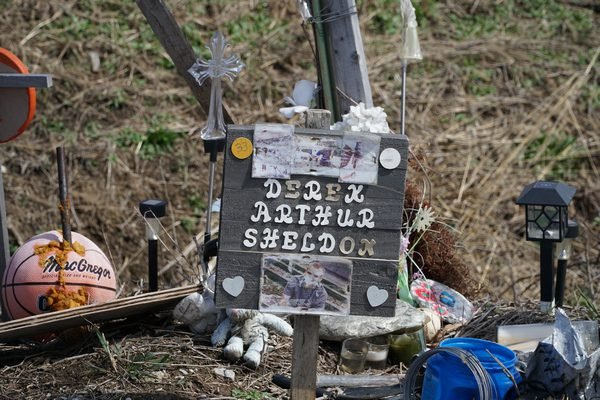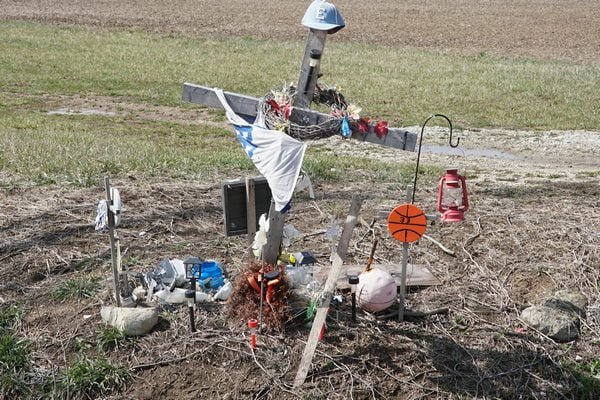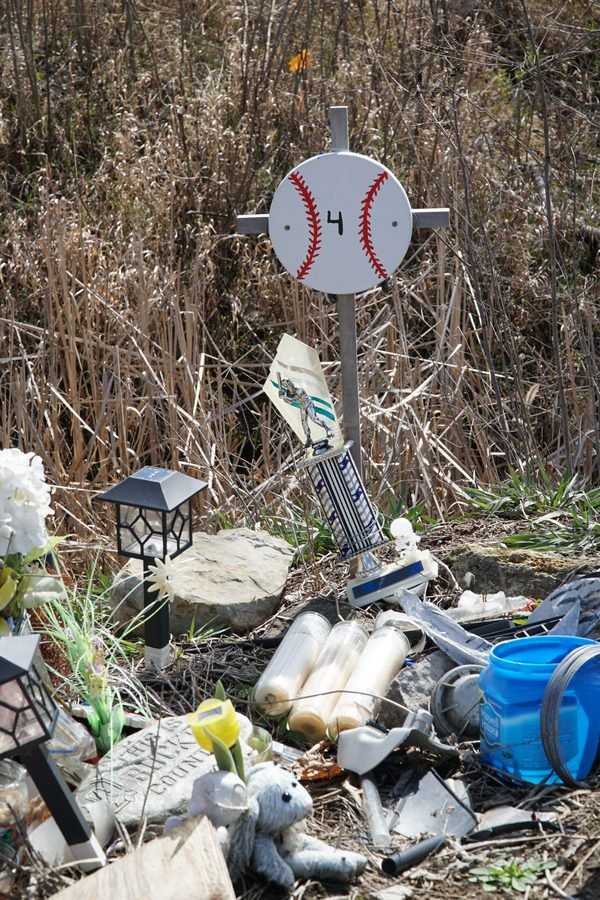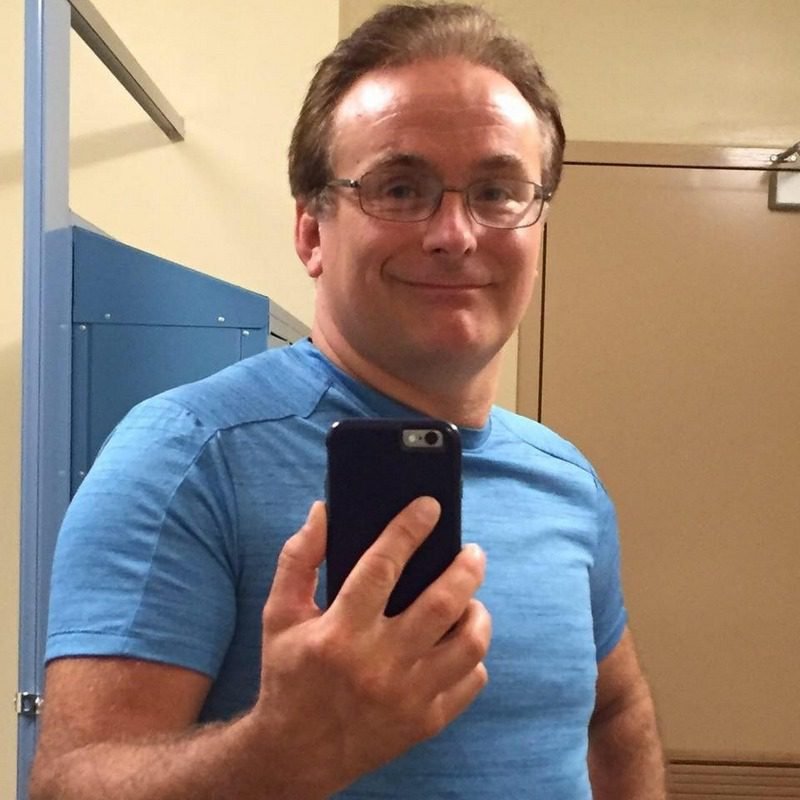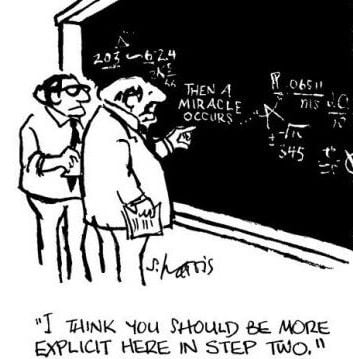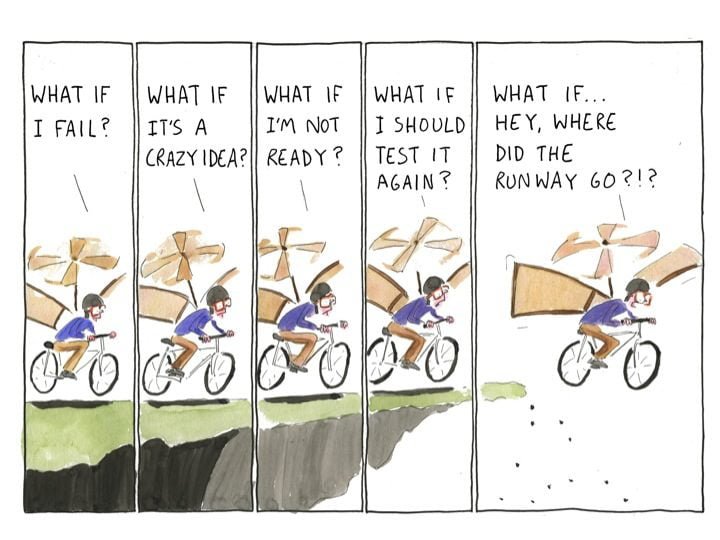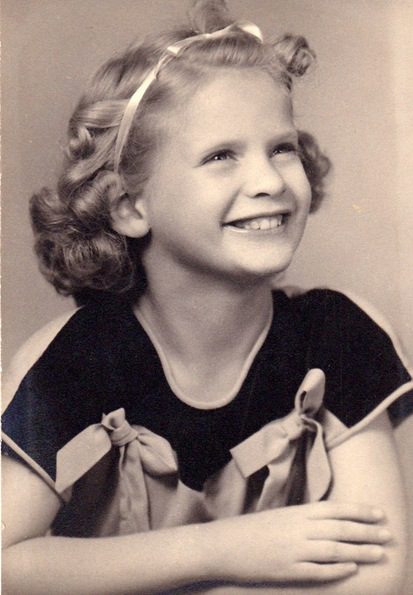
Born in rural Missouri to parents who were drunks and constantly fought
Barbara suffered the indignity and shame of being molested by her father
A heinous act he never acknowledged or apologized for
When he became a Christian his past was under the blood
God may have forgiven him
But she never did
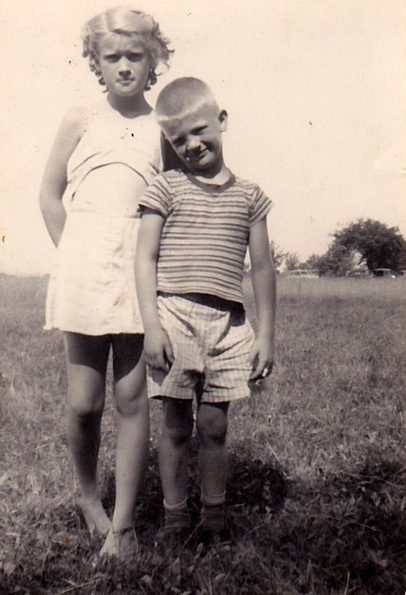
She was a beautiful child who grew up to be an attractive woman
A woman who attracted the attention of men
At seventeen she found herself pregnant
At the age of eighteen she married
Did she marry the father of her baby?
There are doubts
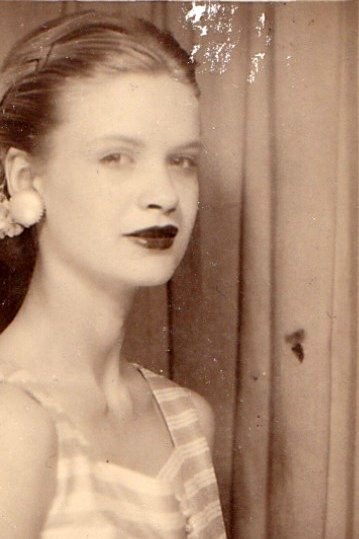
She found her husband to unreliable, never able to keep the bills paid
He moved her from house to house, town to town, and state to state
Along the way she birthed another boy and then a girl
She loved to read and was passionate about politics
She wrote letters to the newspaper, a staunch defender of right-wing Conservatism
She campaigned for Barry Goldwater and George Wallace
Like so many white, rural Americans of her time, she was a racist
She loved to cook
When her oldest son started playing baseball she came to his games
Her son’s father couldn’t be bothered
When she was thirty-one, her brother-in-law raped her
Her oldest son was home sick from school when it happened
So much trauma
Is it any wonder she had mental problems?
Psychiatrists
Pills
Mental hospitals
Attempted suicides
Rage
Depression
Slit wrists, the kitchen floor, a pool of blood, her oldest son found her
Yet, she lived
Over time, her body collapsed, rendering her an invalid
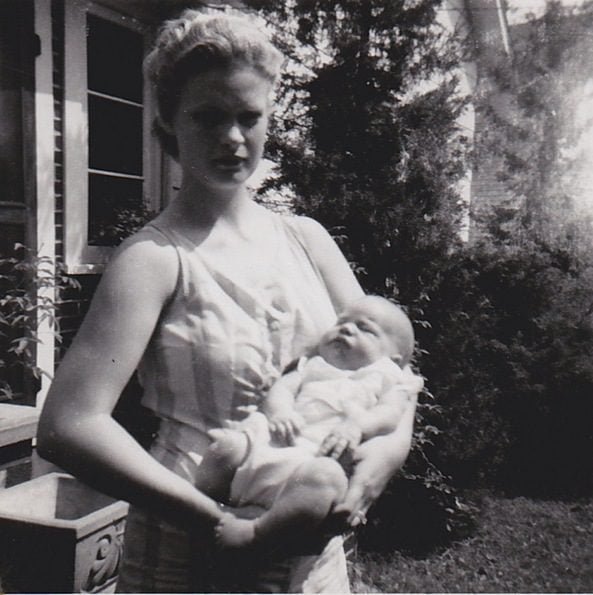
By then, her oldest son was a preacher
She was proud of him
He was not proud of her
She was an embarrassment, a pill junkie, she just needed to get right with God
Four marriages
Numerous men in and out of her life
Yet, she never lost her mental acuity or thirst for knowledge
She watched the news day and night, ever ready to rage against those she disagreed with
She told her oldest son she wanted him to do her funeral and she wanted everyone to sing the Star Spangled Banner and say the Pledge of Allegiance
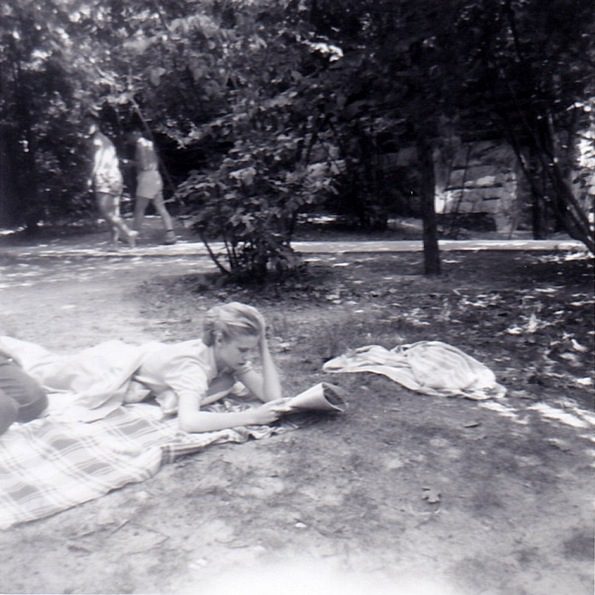
Over time, her oldest son came to accept her as she was
He would come to Columbus and take her shopping or to the doctor
She didn’t like his driving
Her phone was often disconnected
Her latest husband, just like everyone before him, couldn’t keep the bills paid
The oldest son’s father died from surgery complications at age forty-nine
Her oldest son had to call the police to give her a message since her phone was disconnected
Awhile later, in a pouring rain, she called from a phone booth
They talked and wept together
And then she moved to Quincy, Michigan, six hours away
Her oldest son only saw her a few times after the move
They talked on the phone every month or so and wrote to one another
After church one Sunday, her oldest son answered the phone at his house
His aunt was on the other end of the phone
He heard what he never hoped he would hear
His mom was dead
She had turned a Ruger .357 on herself, pulled the trigger, and ripped a hole in her heart
In a moment, her heart stopped and the life drained from her body
Her oldest son wonders why, but at the same time he knows the answer
The graveside service was an exercise in profound, excruciating grief and denial
The preacher son could barely speak
There would be no singing of the Star Spangled Banner or reciting the Pledge of Allegiance
Even in death she was ignored and denied
Her father spoke of Jesus
Her son saw only a father who molested his daughter and scarred his mother
She was fifty-four when she died
Her son misses her
Oh how he wishes for a do-over
To tell her, I love you
To proudly show off his grandchildren
But all he is left with is emptiness, pain, and regret
And memories
